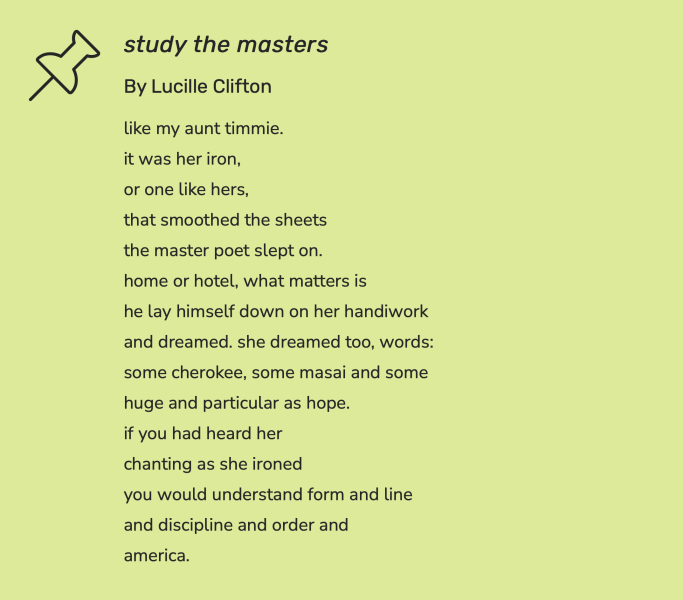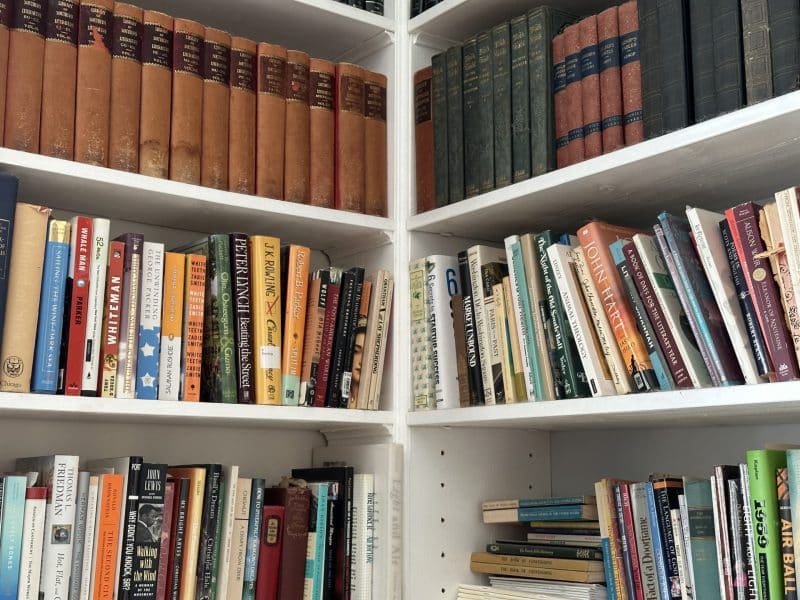NEWS
A Black Woman’s Literary Lens on History
Dr. Gill-Sadler pushes us to critically examine assumptions about how and by whom knowledge is produced. She greatly encourages robust class discussion and leads the way by being an honest and grace-giving professor. Josie Hovis ’23
Author: Mary Elizabeth DeAngelis
Assistant Professor of Africana and English studies Randi Gill-Sadler specializes in 20th century African American and Afro-Caribbean women writers, including Gwendolyn Brooks, June Jordan, Toni Cade Bambara, Alice Walker and Toni Morrison. She shares some thoughts about their work.
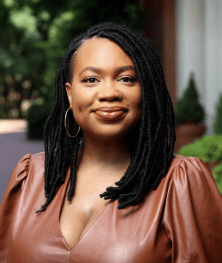
Prof. Randi Gill-Sadler
How do you teach about literature’s relevance historically and in modern life?
As a scholar of Black women’s literature and U.S. cultures of empire, I often try to direct students to see the relationship between art and politics broadly. Literature has the power to expand our understanding of politics and powers. Politics is not just something that happens in a voting booth or a government body. Questions of representation and aesthetics also have political significance.
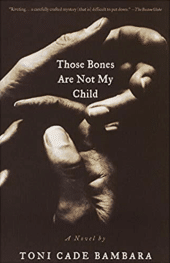
What are recurring themes among the authors you study and teach about?
Black women’s history and literature often deal with two kinds of violence: the state violence against them, and intra-racial violence, including partner violence and child abuse. I study a lot of women who were part of the Black Women’s Renaissance of the 1970s. They unflinchingly call out that violence, even though they risk challenges and antagonism from even within their own racial communities. But they don’t say the totality of the Black woman’s experience is violence. We see deep friendships between Black women, and we see generations of Black women living together, passing wisdom to each other and sharing strategies to combat what they face.
We hear a lot of political controversy about how history—particularly Black history—is taught in American classrooms. How do you help students wade through conflicting accounts?
I want students to read expansively across Black literature. There’s not one single book or author we’re going to get everything from. There are some texts and some films that become iconic in terms of representation of Black history, but we can’t take Black literature or Black art for granted. I push my students to read broadly because the assumptions we often have about Black women’s literature or Black resistance are very limited in terms of what occurred. I suggest reading literature alongside accepted history, so we have a much more expansive view of possibilities.
Who’s your favorite writer?
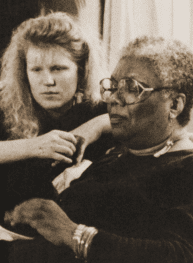
Distinguished American poet Lucille Clifton with Jennifer Bean ’90 during a visit to campus in 1990
Who’s your favorite poet?
Lucille Clifton. She highlights that we can’t really divorce artistic and cultural production in the U.S.—no matter who’s doing it—from the history of slavery and anti-Blackness. In study the masters, she shows how slavery and colonialism provided the comforts that allowed American poets to dream. American poets don’t have to worry about maintaining the plantation or any of the other domestic labor Black women had to do. Exploited Black women’s labor is the engine of this country. But even in this gross exploitation that continues today, Black women are still dreaming.
